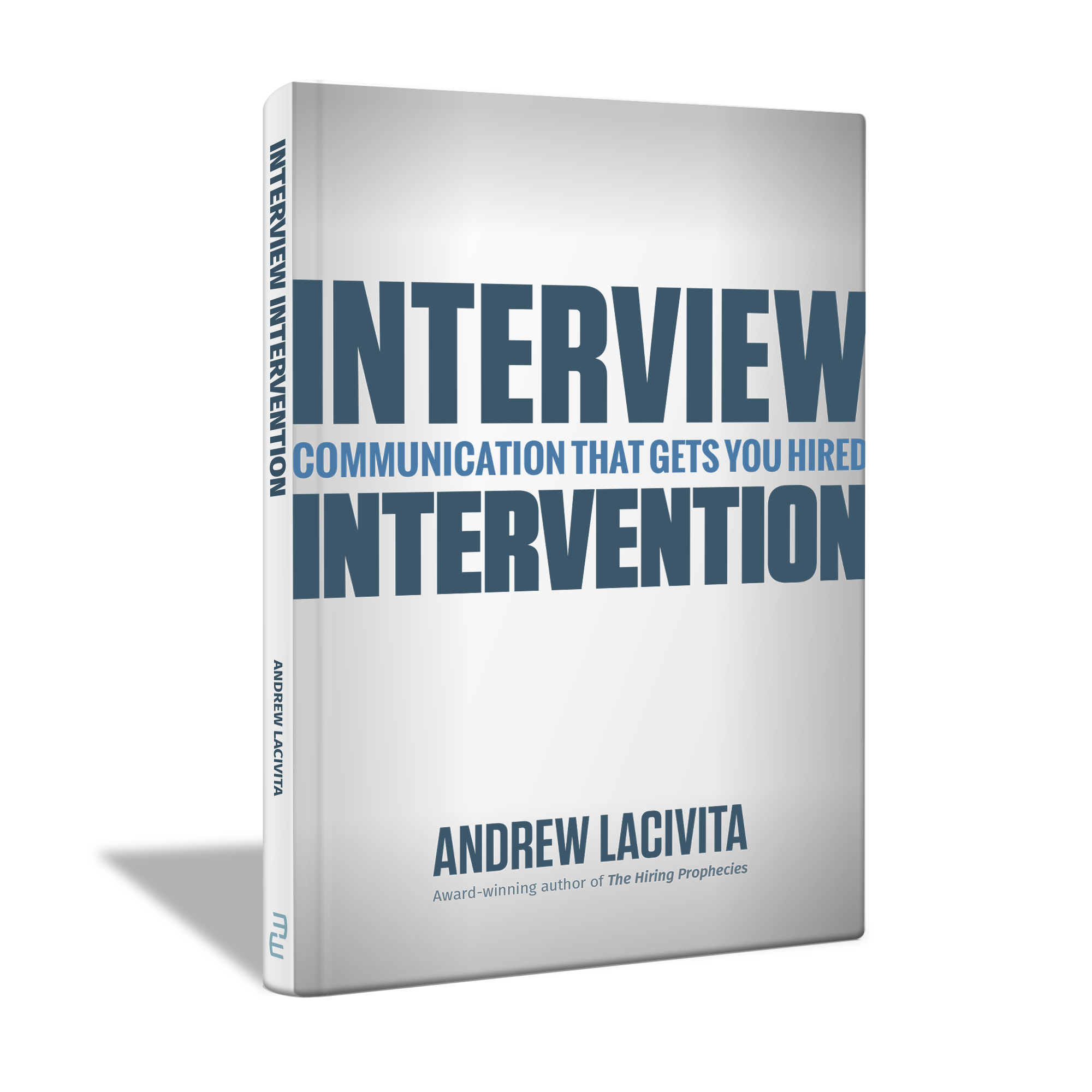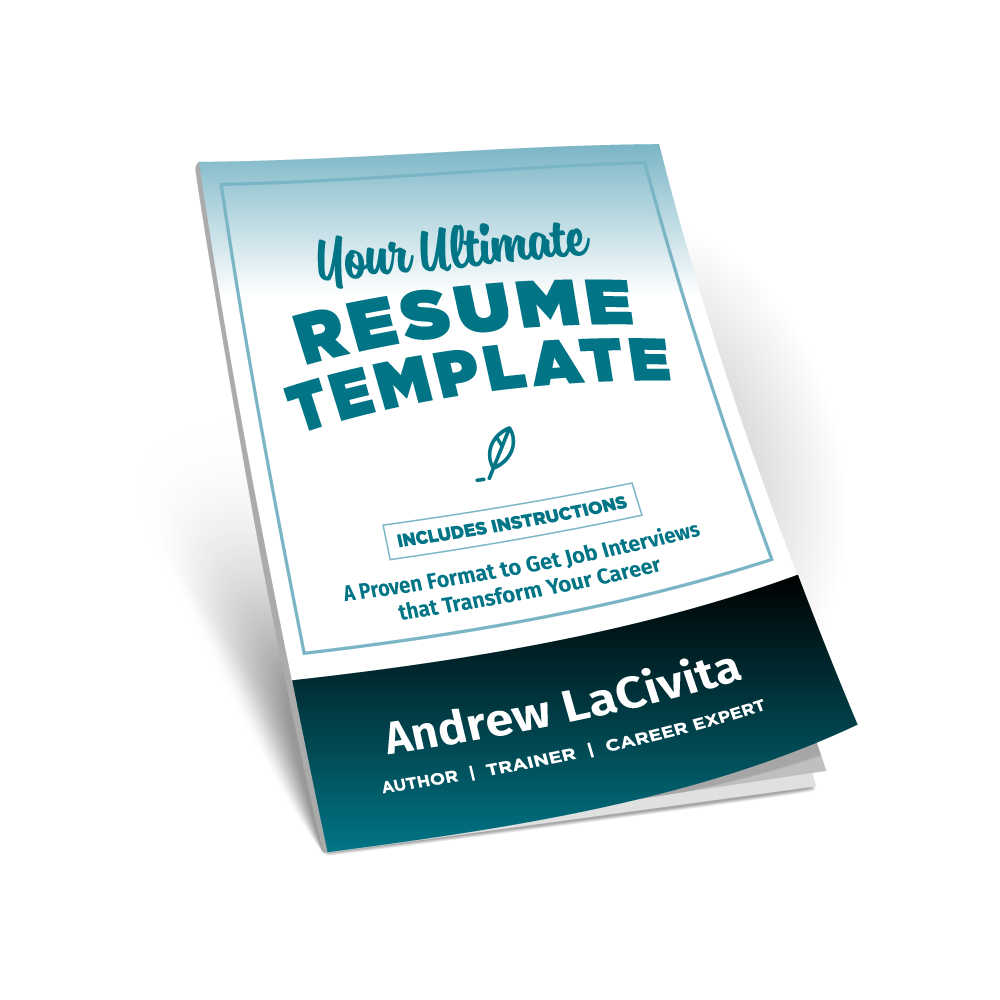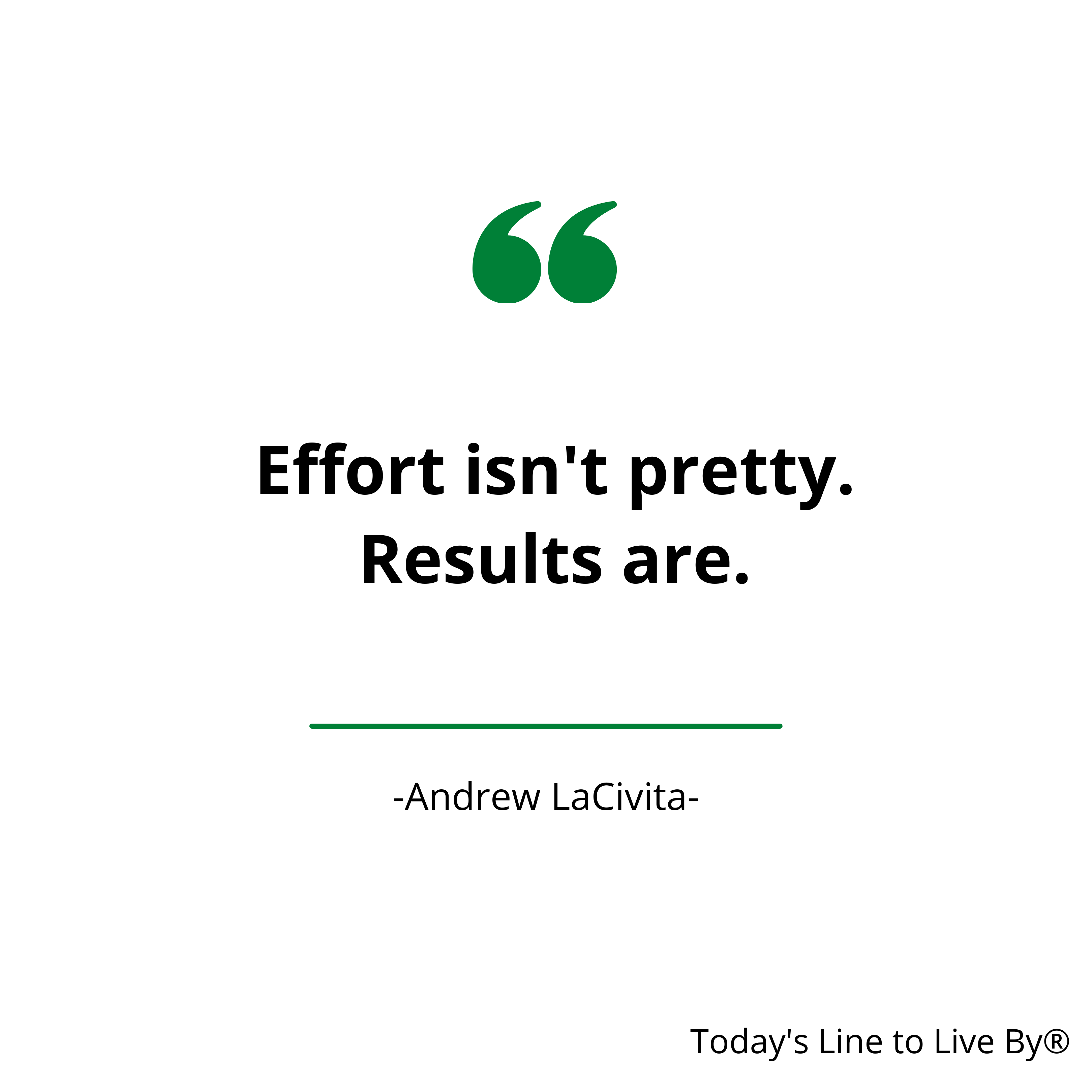If you’ve presented yourself well throughout the job interview, you will be in a strong position to do two critical closing acts. First, you want to make sure the interviewer does not leave the room with any doubt you are the right person for the job. Second, you want to know the outcome before you leave.
Reservations come in one of three forms. Your goal is to eliminate two of them and soften the third.
I’m a huge fan of open-ended questions. They get the interviewer talking and help you explore areas in which you might not have ventured. The end of the interview, however, is not the time to be asking open-ended questions. It is the time to be sure you gather any insight regarding how the interviewer feels about you and eliminate any misunderstandings (remember those?).
I have toyed with this for years, constantly looking for the most economical, bulletproof question to ask toward the end of the interview. I have determined that “Do you have any reservations about hiring me?” is the closest thing to perfection. I recognize that some people will consider this a negative question. Others might prefer a softer approach with something such as “Is there anything else you’d like to know about me?” or “Is there anything I can clarify?” or “How do you feel I match up for the job?” While all of these are nice questions, they leave entirely too much room for the interviewer to skirt the issue you ultimately need answered, which is “Why won’t you hire me?”
When inquiring about the specific reservations, you narrow the scope of the information you want. You need to be very specific that you want to know herreservations. While it is nice to know where you scored well, generally speaking companies don’t hire you because of what they think you can’t do rather than what you can do. This “reservation” question serves as a safety net and allows you to clarify any communication gaps the interviewer might have. Her reservations typically come in one of three forms:
- Misunderstanding something you said
- Complete blind spot from an area she didn’t investigate
- Valid reservation because of something you did or said, skill gap, and so on
If she misunderstood you, you are now in a position to clarify your original message. In the event she drew an incorrect conclusion because she didn’t have the time to investigate key portions of your work experience, you can now highlight the experience you have in that area. The second issue is quite common. Interviewers simply assume you don’t have the experience if they didn’t ask you about it. Of course, there is always a chance that the interviewer has a valid reservation. At least at this point, you know it and can determine how to address it. I often recommend ending on a high note by confirming how you would eliminate that actual reservation. The most important part of this closing technique is ensuring that the interviewer leaves with no doubt you are the right person for the job.
No one likes to make a decision independently anymore. Help reassure the interviewer it is okay to hire you.
It seems to me that people have trouble making decisions for themselves. It doesn’t matter whether it’s what shirt to buy or what car to lease. Hiring decisions are one of the touchiest decisions that an employer faces, especially because no one wants to inherit the blame for a faulty hire. You need to reassure every single interviewer in the process that hiring you is the right decision. They literally need encouragement from you that it is okay. How do you do that?
The first thing you need to do is gain control of the interview. This is usually not too difficult at the end, because either you are in your question-asking period or the interviewer will transfer it to you with, “Is there anything else?” or “Do you have any more questions for me?” Regardless of the entry point, you can do three things to provide them the encouragement they need: Confirm, Assure, and Close.
Confirm: You want to restate your understanding of what the employer needs. This serves two purposes. First, it leaves the employer with the impression that you truly understand the position and therefore can make an educated decision to join the company. It will also uncover any gaps you have in your understanding of the position. Once you have stated your understanding or have received clarity, you can proceed to assuring them of your strengths and fit. For example: “I want to confirm that you are looking for someone with strong
Assure: You can now literally repeat your strengths as they relate to the requirements and align to the job responsibilities. For example: “As we discussed during the interview, I have extensive experience in [insert a brief recap of those strengths you touched upon during the session]. I believe that helps you see I am an ideal candidate for the position.”
Close: Confirm for the interviewer that based on what they need and offer and your match of experience with the requirements of the position, you are very interested in the job and company. It also helps to show that you are confident you will perform well. Follow this up with a question regarding next steps. For example: “Because we are such as great fit, I want you to know that I am extremely interested the job. Is there anything else I can provide to help with your decision? What would be the next step in the process?”
You’re welcome to download a complimentary eBook of Interview Intervention: Communication That Gets You Hired by signing up for the email distribution list on the front page of the milewalk website!









Leave A Comment